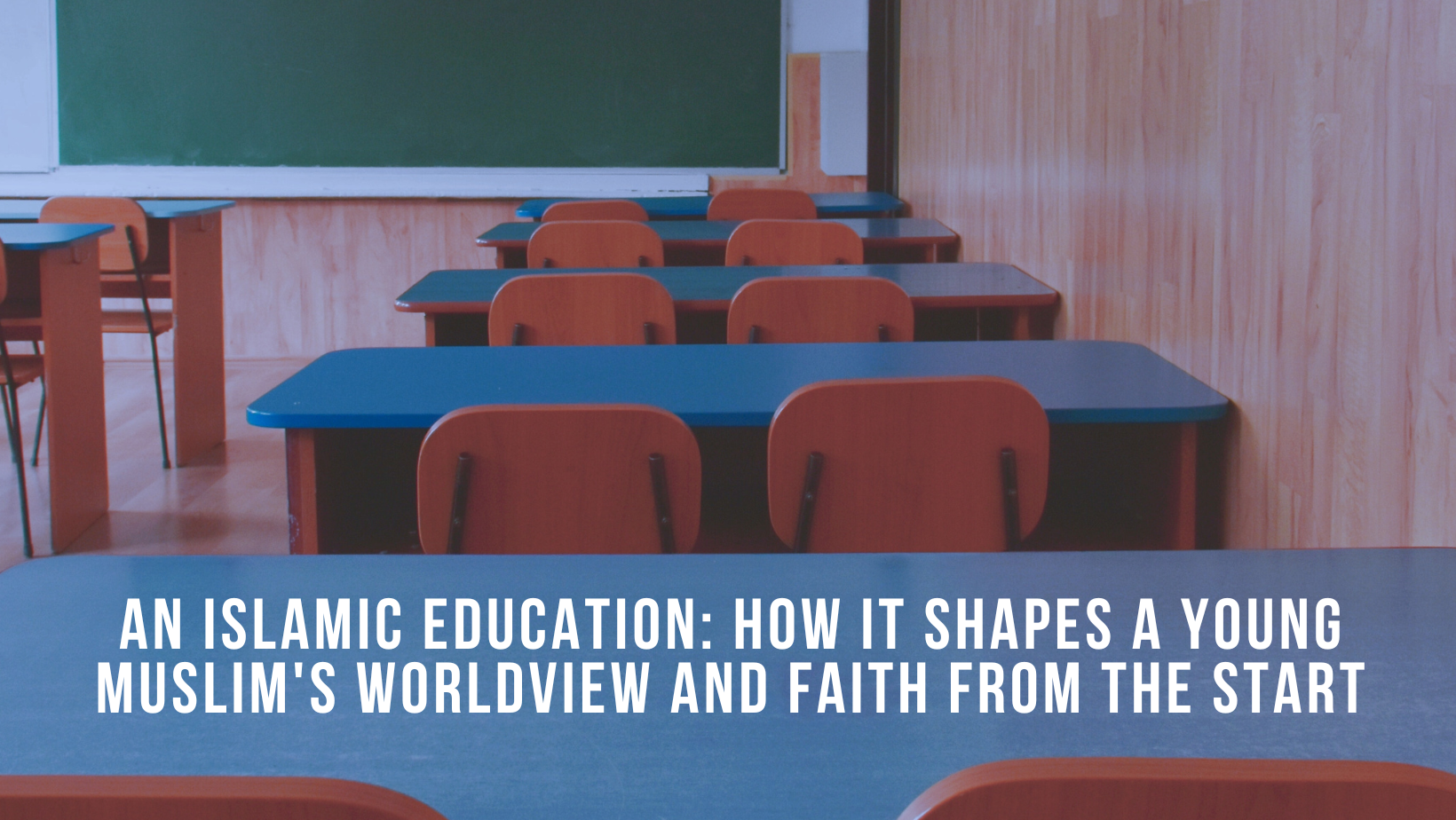An Islamic education: How it shapes a young Muslim's worldview and faith from the start

One thing we always want our fellow Christians to remember is that Muslims are often victims of the religion they were born into. The majority of Muslims are not extremists, but people who were born or brought into a culture where questioning and critical thinking are punished, by man and Allah.
Islam exerts its influence over Muslims from a very young age, in their homes and their schools. It is important for Christians to understand the educational background their Muslim friend was raised in to be able to have sympathy for them and help them begin to think about their beliefs in a different way.
If you want to learn about what it’s like growing up in a Muslim household, read this post.
What is the Islamic education system?
Islamic education system is set up to teach a young child how to become the most perfect Muslim to please Allah and to be a contributing religious member of their community. This education is taught in public and private schools in Islamic countries, but its truest manifestation is found in the Islamic “Sunday schools” called “Madrasa.”
Madrasa is found in almost every mosque. Muslim children, both boys and girls, start going to the Madrasa in their neighborhood as young as 5 to start memorizing the Quran and learning how to be good Muslims.
In regular schools, the subjects Muslim students learn are not much different from what we grow up learning: languages, grammar, history, and sciences. However, it is the structure and goal of the education that is different.
Instead of trying to train children and young people to think for themselves, solve problems, and approach issues creatively, Islamic education is about memorization and reciting what they have learned. For most Muslim students, the importance of education is getting good grades and being rewarded by their parent’s and community’s approval rather than analyzing and understanding what they learn, or exploring what they are gifted in.
This style of education is modeled after Islam’s design for practicing one’s beliefs. You do not have to understand the Quran, but you must memorize it and recite it in the correct way for Allah to be pleased. That’s why Muslim children strive to memorize the entire Quran, and many do this by the age of ten.
Muslim students are also taught about the history of Islam, its prophet Muhammad, and other important people and stories. They are taught to revere Muhammad as someone who is second to Allah and to try to imitate him as much as they can.
Islam and science
When international Muslim students come to the United States for their college education, many of them discover something that was not taught to them back home: the scientific method. The modern scientific method is entirely based on teaching students how to question their environment, like why things work the way they do.
Taking this one step further, when a Muslim student is not taught to question their environment, the things they are being taught, they certainly will never criticize their religion. Without being given tools to study their world, they have no reason to question it.
How can you talk about this with your Muslim friend?
Learning about your Muslim friend’s background can give you insight into their worldview and even how solidified they are in their worldview. Did your Muslim friend convert to Islam as a teen or adult? Then they probably have an easier time questioning their beliefs and the world around them than a Muslim who was raised in a Muslim family and has been attending mosques since they were five.
You can ask your Muslim friend questions like the following:
- How much of your education was religion-based?
- Do you feel like your education prepared you for college?
- If your Muslim friend attended a non-religious college: What was different for you when you went to a school that wasn’t Islamic?
Don’t assume anything about your Muslim friend. Be open to listen to their personal experiences about how they were raised and learn about their individual worldview.
Prayer
Dear Lord, thank you for being open to my questions when I have them. Thank you for loving me despite my imperfections. Please give me the words to start a beneficial conversation with my Muslim friend that can point them to You. Amen.
